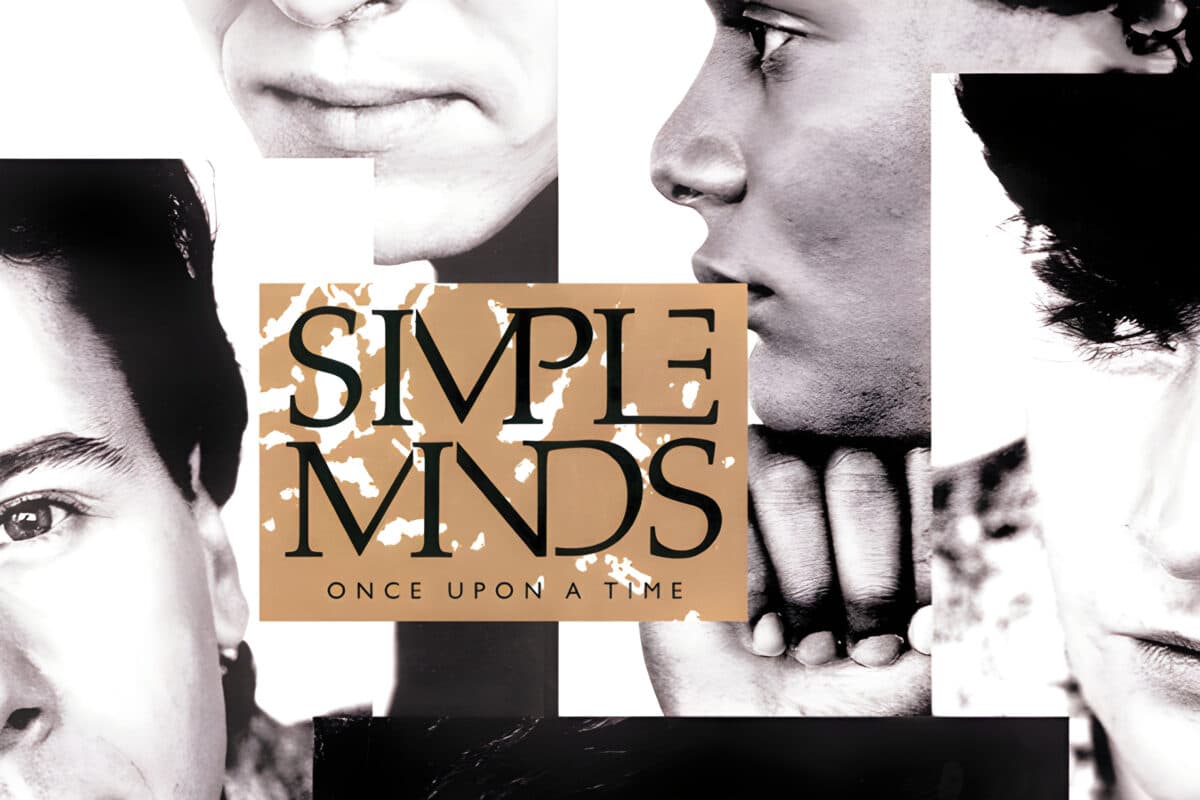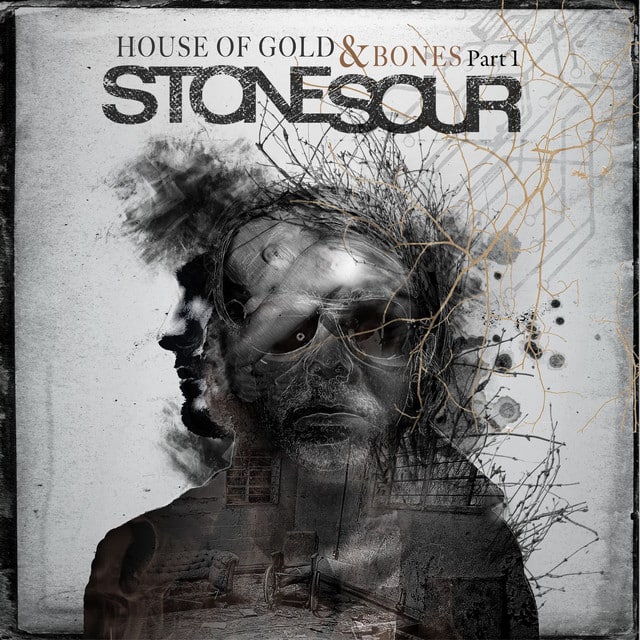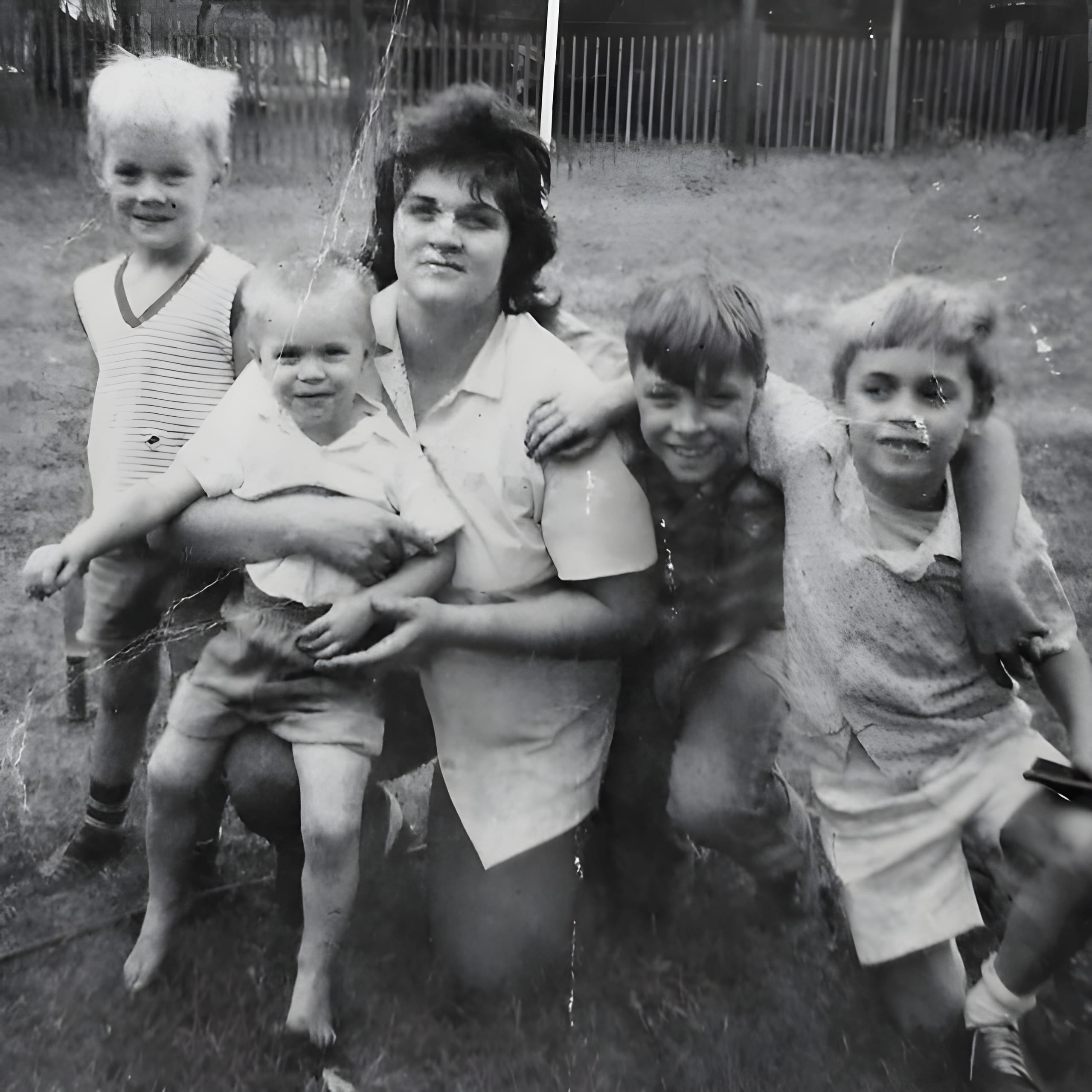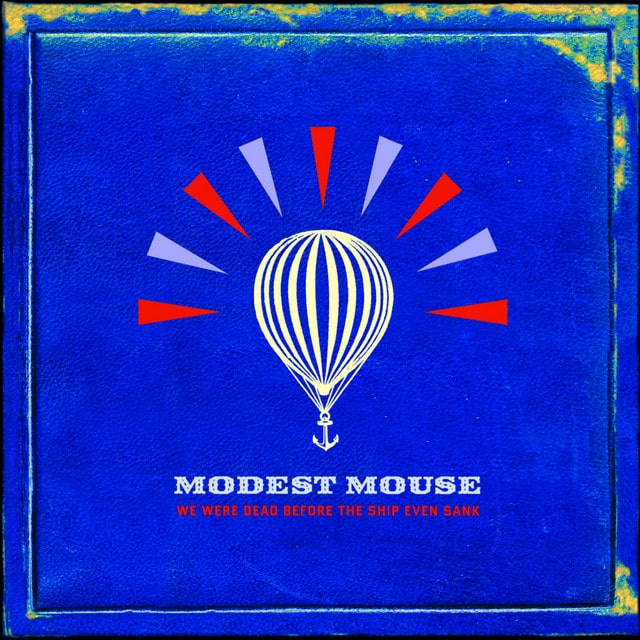Released: 1985
At its core, “Don’t You” by Simple Minds is a powerful plea for remembrance and recognition, set against the backdrop of a relationship that’s either ending or going through significant challenges. It’s not just a catchy tune from the ’80s—it’s a raw expression of fear of being forgotten by someone important.
The opening lines, “Hey, hey, hey, hey”, set up a casual yet attention-grabbing introduction, pulling us into a conversation that feels both intimate and urgent. The plea, “Won’t you come see about me? I’ll be alone, dancing, you know it, baby,” speaks to a deep longing for the other person’s presence and attention. It’s not just about physical loneliness; it’s about wanting to share inner thoughts and feelings, symbolized by the dance.
As the song progresses, it delves into the complexities of love and relationships with lines like, “Love’s strange, surreal in the dark. Think of the tender things that we were working on.” Here, love is depicted as something that can be confusing and overwhelming—yet also filled with moments of tenderness and mutual effort. The fear that “Slow change may pull us apart” underlines the uncertainty and insecurity that often come with deep connection.
The chorus, “Don’t you forget about me,” is a straightforward request for remembrance, but it’s loaded with vulnerability. The repetition of “Don’t, don’t, don’t, don’t” emphasizes the intensity of this fear of being forgotten. The rain imagery in the lines, “Rain keeps fallin’, rain keeps fallin’ Down, down, down,” suggests a feeling of ongoing sadness and the sense that these challenges are relentless and inescapable.
In a turn towards hope and resilience, the lyrics, “Don’t you try and pretend. It’s my feeling we’ll win in the end,” show a determination to overcome the barriers of vanity and insecurity. This part of the song speaks to strength and the belief in enduring love that can survive trials and doubts.
Ultimately, the song circles back to its main theme of longing for recognition and connection. The repeated questions, “Will you call my name? As you walk on by? When you walk away?” express a simple yet profound desire to not be forgotten, to remain a significant part of someone’s life no matter what changes come. It’s a sentiment that’s universal—everyone wants to feel remembered and important to those they care about.
In conclusion, “Don’t You (Forget About Me)” taps into the universal fear of being forgotten and the desire for lasting connection. Through its emotionally charged lyrics and memorable melodies, it captures the essence of human relationships—the good, the bad, and the deeply hopeful.








